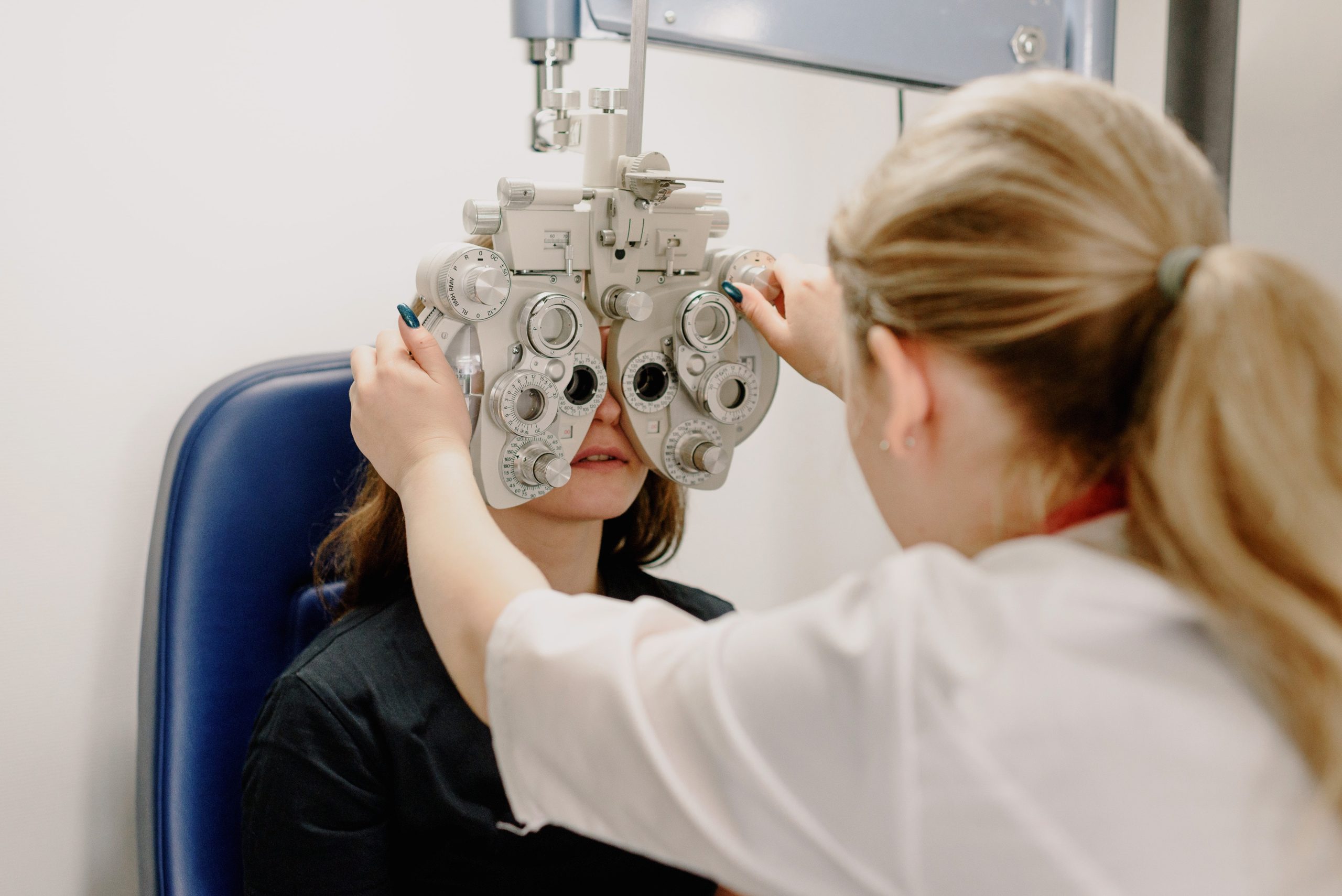
An ophthalmologist is a doctor who studies, detects, and treats eye diseases.
To get started, they must:
- get proper medical education
- have a 1-year postgraduate clinical year
- complete at least 36 months in an ophthalmology residency
- be certified by the American Board of Ophthalmologists, which includes written and oral examinations
To improve their specialization, ophthalmologists undergo a year or two internships in narrower specialties:
- glaucoma
- cornea
- retina
- uveitis
- refractive surgery
- pediatrics
- neuro-ophthalmology
- plastic and reconstructive surgery
- oncology of the eye
Such doctors can perform more complex operations for various eye diseases in their specialty. They can also do general eye care, but if there is a question about a specific problem, they can diagnose and treat it more accurately.
There are many ways to solve ophthalmic problems in medicine today. Sometimes there is a need for surgical intervention, and exposure to laser beams in other cases, it is enough to carry out certain medical procedures and manipulations performed by experienced specialists under the control of appropriate devices.
Medical practice is unthinkable without procedures. The result of treatment depends on the level of their implementation. They are carried out in compliance with the protocol and appointments of the ophthalmologist. In no case should you self-medicate, with the exception of a doctor’s prescription, which allows you to carry out simple actions at home in compliance with hygiene standards.
Protocols for the treatment of eye diseases dictate the implementation of numerous procedures and manipulations. These include the instillation of drops and laying eye ointment, applying a bandage, and performing injections. There are many of them: from fairly simple to requiring jewelry precision. Manipulations can be diagnostic, therapeutic, or prophylactic.
Ophthalmology treatments in Chicago offer a wide range of vision correction services, including LASIK, PRK, and cataract surgery. Professional ophthalmologists can treat your eyes for various diseases, and they can also simply check your vision. Experienced doctors will conduct a complete and in-depth eye examination to identify any possible problems and subsequently develop a specific treatment plan.
An ophthalmologist can use a variety of treatments to help keep your eyes healthy and preserve your vision.
They may include:
– Prescribing glasses or contact lenses to improve vision
– Pharmaceutical treatment
– Surgical procedures such as complex microsurgery
Treatment decisions will depend on the individual case and the goal of therapy and are usually made on a case-by-case basis.
Depending on your condition, you will be treated by a specialized doctor. For example, for cataracts, it would be a cataract surgeon, and for myopia a laser eye surgeon.
The reasons for urgent medical attention are:
- fog in the field of view, the vagueness of visual images;
- decreased visual acuity;
- double vision;
- visual distortion of surrounding objects;
- a feeling of flickering before the eyes, the appearance of floating opacities;
- iridescent circles, halos around light sources;
- Pain in the eyes;
- eye redness;
- dryness, the sensation of a foreign body under the eyelids;
- frequent lacrimation, various kinds of discharge from the eyes;
- increased visual fatigue;
- fear of bright light;
- headaches, discomfort when wearing glasses;
- any injury to the organs of vision, etc.
However, it is necessary to undergo medical examinations not only in cases where something bothers and alarming symptoms appear. The danger lies in the fact that many serious eye diseases leading to catastrophic visual impairment and blindness in the early stages carry out their destructive work almost imperceptibly! Therefore, everyone who cares about their vision needs to visit a specialized ophthalmological clinic in a planned manner, regularly: for adults at least once a year, for children at the age of 3-12 months, then at the age of 3, 5, 7- mi years and then annually.
The eyes are one of the most important sense organs that give us most of the information about the world around us. Increased visual load, stress, and physical inactivity are some of the negative factors that contribute to the formation of various pathologies and lead to visual impairment. Modern ophthalmology with the aid of procedures such as PRK and LASIK makes it possible to effectively deal with such serious diseases as glaucoma, cataracts, retinal detachment, and earlier they inevitably led to blindness. For any ailments or signs of illness, contact a specialist. They will be able to provide you with decent treatment and restore your vision.
Hey welcome to my blog . I am a modern women who love to share any tips on lifestyle, health, travel. Hope you join me in this journey!

Speak Your Mind